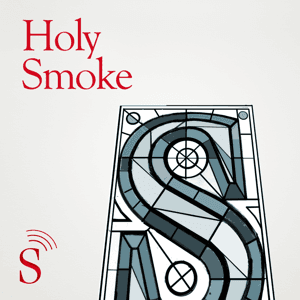This week, Michael is joined by Munira Mirza. Raised in Oldham and educated at Oxford, Munira worked at Policy Exchange before serving as Deputy Mayor of London under Boris Johnson and later as Director of the No.10 Policy Unit, where she helped shape the Conservatives’ 2019 election manifesto. She now leads Civic Future and the think tank Fix Britain.
In the first of this two-part interview, Munira reflects on Labour’s vulnerability in the upcoming Gorton and Denton by-election, and the ‘serious threat’ it faces if the Muslim votes flees to the Greens. She discusses the politicisation of religious identity, the influence of Islamism in Britain, and what she sees as a failure of public authorities to confront hard truths.
They also discuss the news this week that Valdo Calocane – the man who killed three people in Nottingham in 2023 – was released from hospital in 2020 because health professionals were concerned about the disproportionate number of black men who were being detained in the mental health system. Munira argues that fear of being accused of institutional racism has distorted decision-making, a scandal of potentially greater magnitude than the grooming gangs and with serious consequences for public safety.
Finally, she revisits Brexit and the 2019 realignment, defending the decision to leave the EU and arguing that levelling up was an attempt to fix a broken economic model built on high immigration and weak productivity.
Produced by Oscar Edmondson.








































